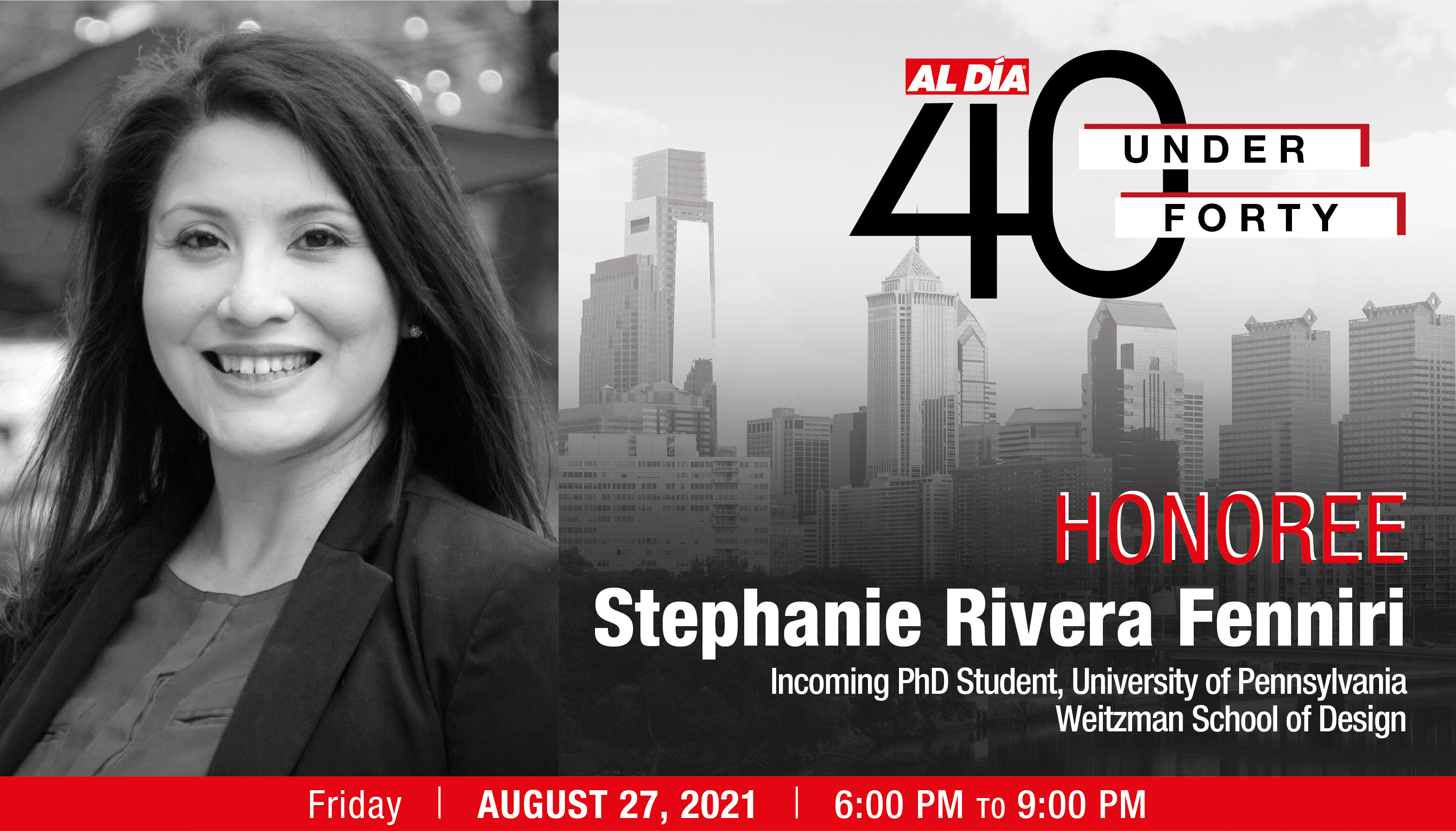
2021 AL DÍA 40 Under Forty Honoree: Stephanie Rivera Fenniri
The second annual AL DÍA 40 Under Forty event will serve to highlight and showcase some of the most diverse and impactful young professionals across the Philadelphia region.
At the event, taking place on August 27, 2021, Stephanie Rivera Fenniri will be one of the 40 honorees. Currently, she is the Deputy Director at the Bicycle Coalition of Greater Philadelphia.
Stephanie Rivera Fenniri joined the Bicycle Coalition of Greater Philadelphia in October 2018, becoming deputy director, where she leads bicycle and pedestrian-related social impact initiatives throughout the Greater Philadelphia region, in April 2020. Fenniri is also a teacher and instructor at the University of Pennsylvania.
In October 2019, Fenniri founded and became chief impact officer of RK Impact, a Philadelphia-based social impact consultancy focused on making a global impact by strengthening grassroots nonprofit organizations through capacity building, social impact measurements and racial equity and inclusion training.
Fenniri earned her bachelor’s degree in interdisciplinary studies at The University of Texas in Arlington, before obtaining her master’s in public administration/international administration and development from the university.
CONTENIDO RELACIONADO
Here are Stephanie Rivera Fenniri's responses:
Throughout my professional career, I have been afforded a myriad of opportunities for which I am incredibly thankful; however, the most pervasive challenge has been first hand encounters with implicit bias by people who make certain assumptions about Latinas. More often than not I am told that I do not look or sound like a Latina by people who have a monolithic perception of the Latinx population. I embrace these scenarios as teaching opportunities to educate others about the Latinx community’s multidimensional attributes and cultural wealth.
Increasing diversity, equity, and inclusion in the nonprofit and social impact sectors will require intentional recruitment and hiring practices. In order for the needs and futures of BIPOC populations to be equitably advocated for, representation must increase across all levels of an organization. We are still not seeing enough representation among leaders, decisionmakers, and gatekeepers and the dialogue persists that the talent does not exist and thus cannot be recruited for such positions. By expanding recruitment to analogous industries, the nonprofit and social impact sectors can diversify their pool of applicants and cultivate a new generation of Leaders.
Being a leader requires that you lead with empathy, and prioritize teamwork, collaboration, clear communication, respect for personal boundaries, and commit to being a lifelong learner and having a growth mindset. Growing up, I was taught the phrase, “para mandar tienes que saber barrer” which translates to “in order to lead, you have to know how to sweep.” I think you have to be willing to learn all the roles present in an organization to effectively lead and anticipate the entire team’s needs.
In five years, I will have completed my Doctorate in City and Regional Planning from the University of Pennsylvania Stuart Weitzman School of Design. I hope to have secured a tenure
track position at a top-tier institution where I can continue to expand upon my research, which will emphasize Latinx immigrants’ positive impacts on the U.S. through an economic, political, social and cultural lens. I also look forward to mentoring low-income, first-generation, and nontraditional students who are actively navigating higher education. My life was dramatically changed by mentors and I intend to pay that incredible gift forward to others.


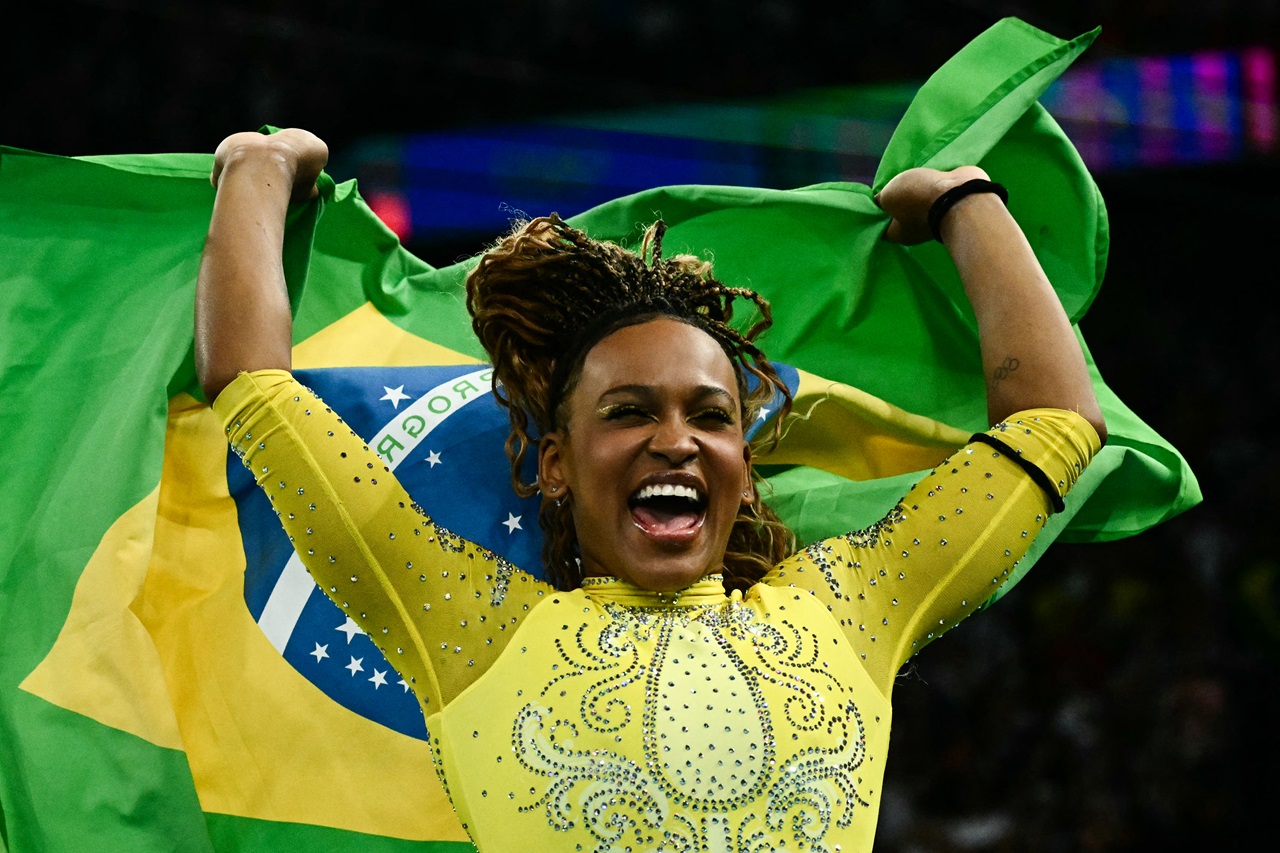

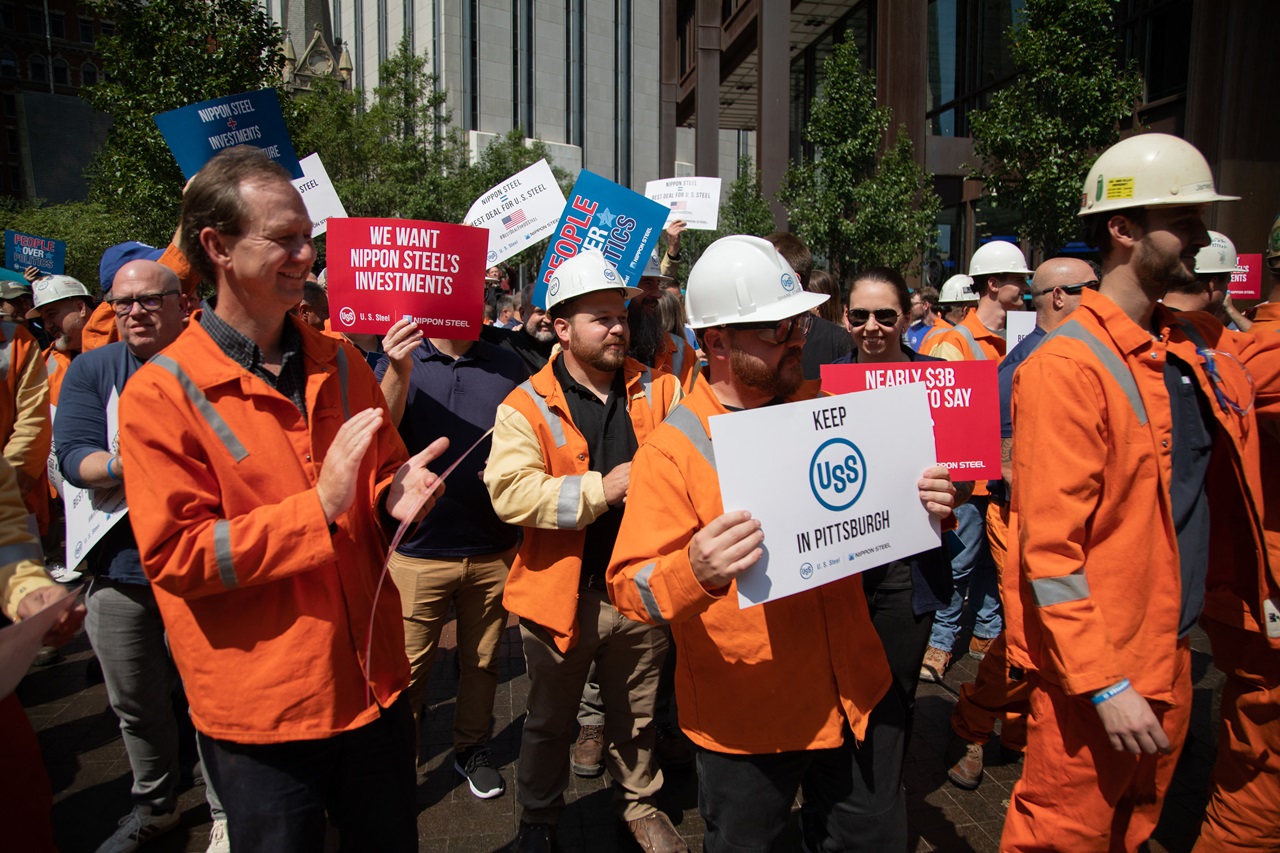
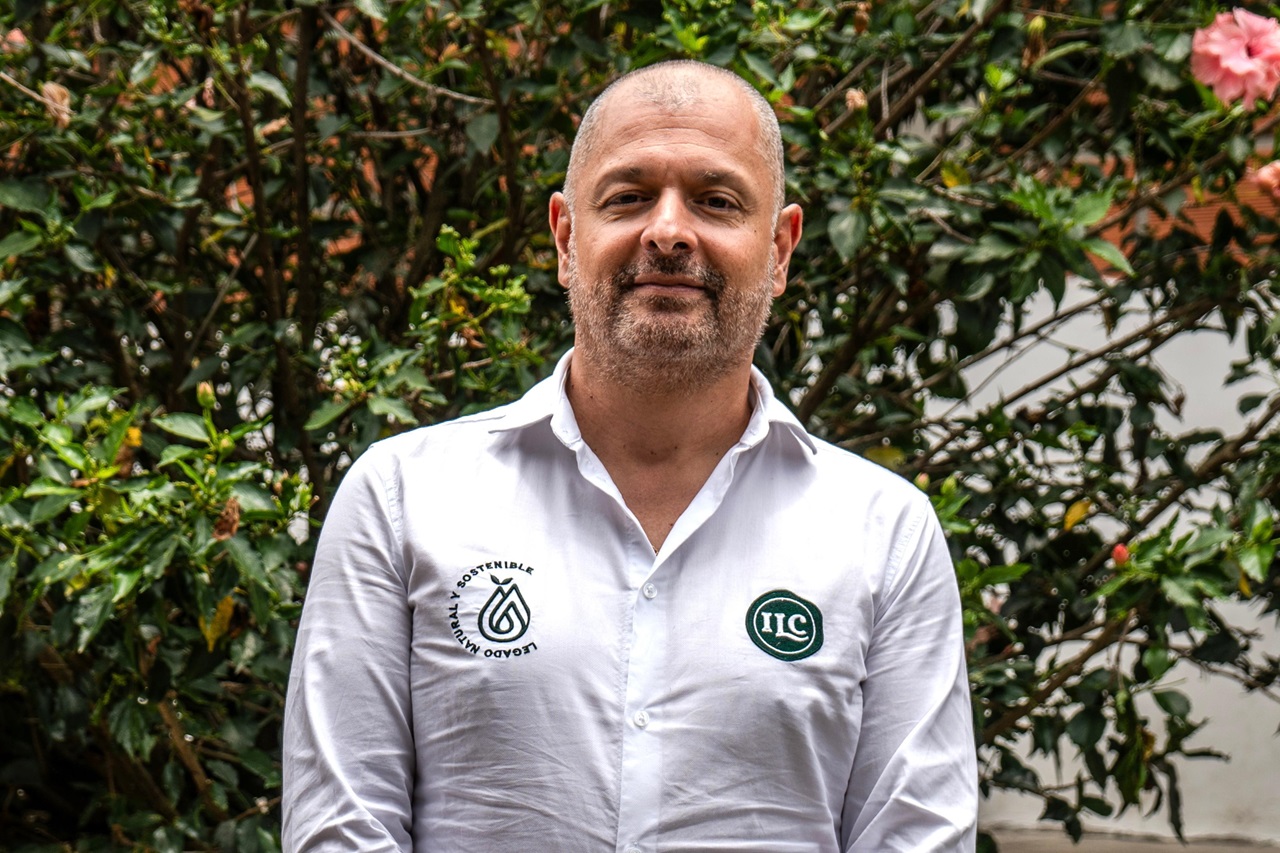

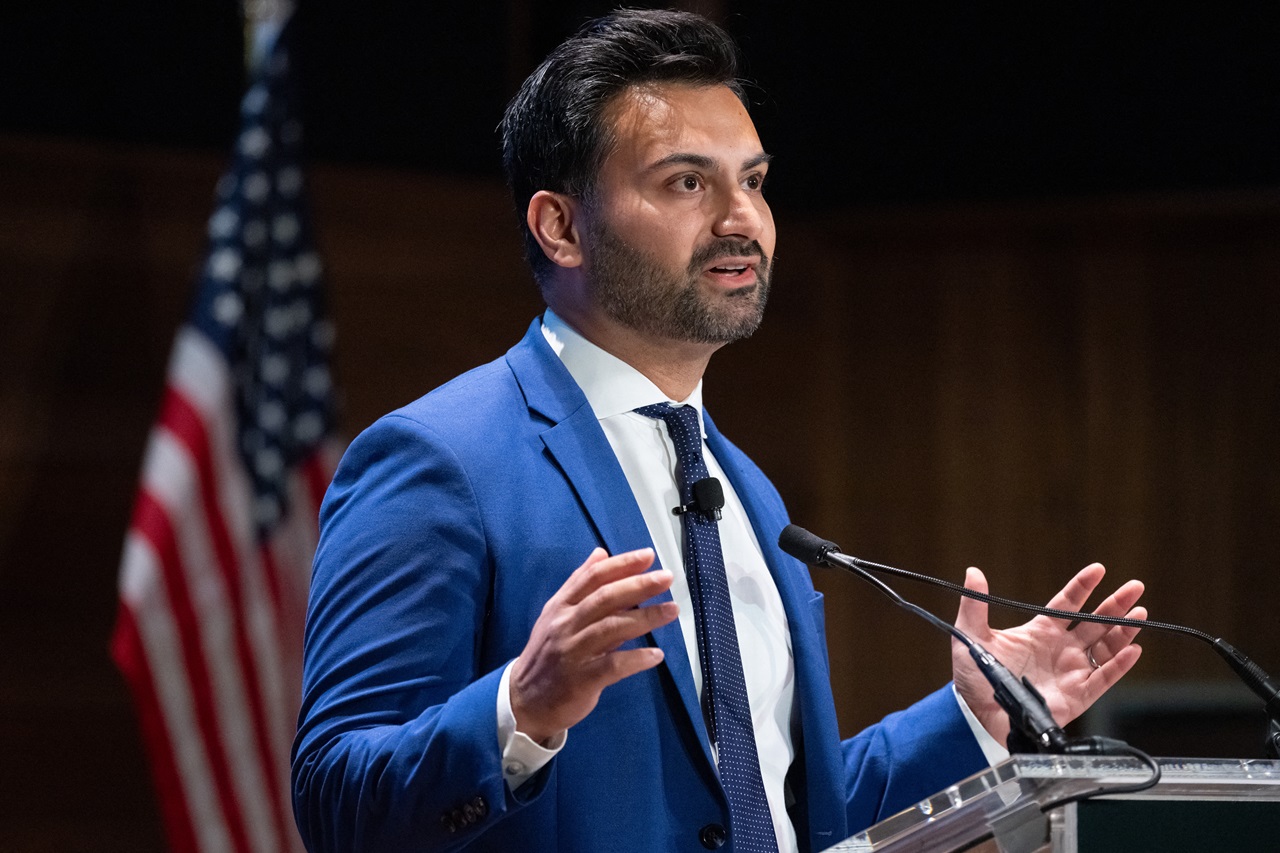


DEJE UN COMENTARIO:
¡Únete a la discusión! Deja un comentario.